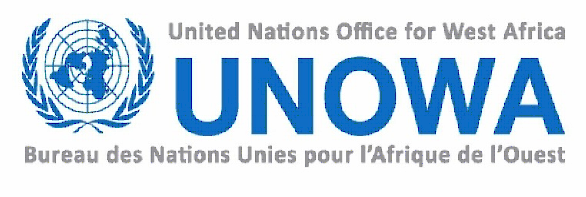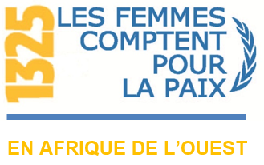Lessons Learned from Mediation Processes
Mediation is a dynamic process. When a mediation process begins, it is impossible to tell what it will look like in the end. Regardless of the mediators’ competence, the success of mediation fundamentally depends on how well the warring parties receive and take ownership of the process. In this regard, mediation is a very limited tool. As the old English proverb goes, “You can lead a horse to water, but you can’t make it drink.” Similarly, a mediator can show belligerents a way out of a conflict, but it is up to the parties to be committed to the process and make way for sustainable peace.
Despite working in incredibly fluid contexts and having to respond to constantly changing situations, are there some common challenges that all mediators face? What should mediators be familiar with and what should they avoid? What makes mediation processes successful? What could future mediation practitioners learn from experienced mediators?
These are some of the questions that this publication wishes to answer. Although each conflict and thereby each mediation process is unique, there are recurring themes and lessons learnt that bear sharing. This publication intends to offer useful insights for anyone involved in mediation processes by gathering experience-based lessons learnt from international mediation practitioners. In addition to these lessons, there are some common factors that all mediators, notwithstanding the conflict they are working on, need to take into account. This publication aims to collect these factors in simple ‘checklists’ of factors that mediation teams ought to consider. Both the lessons learnt and the factors to consider collated in this report are meant to provide helpful food for thought to support and guide the work of mediators and their teams.

| Attachment | Size |
|---|---|
| 1.07 MB |




